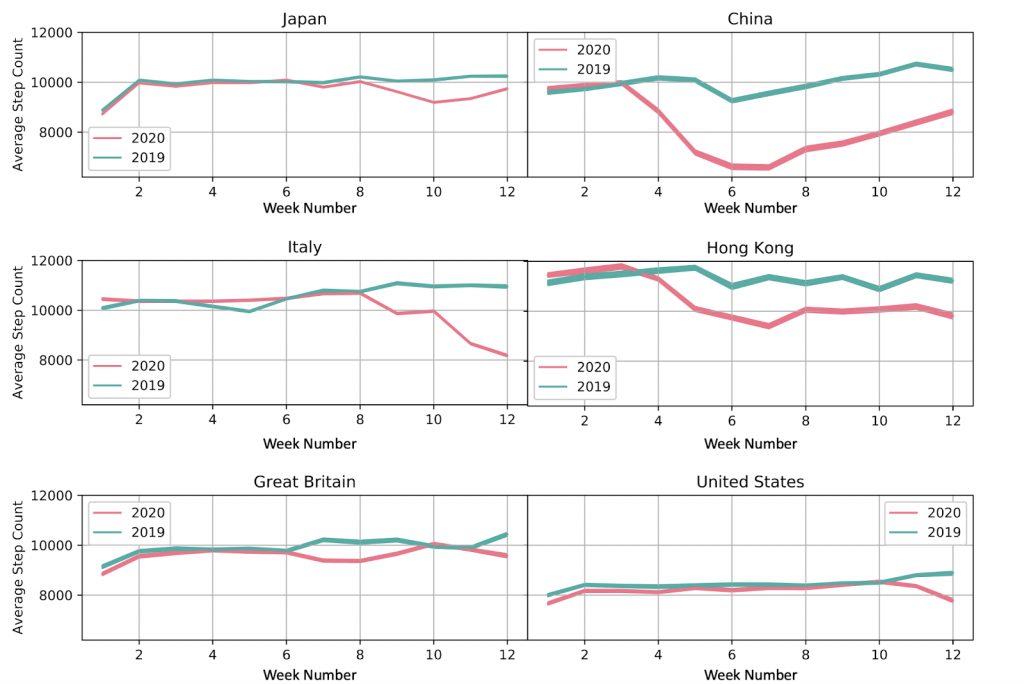The Philippines was an economic star. Until Covid-19
By Daniel Moss
JUST WHEN THE PHILIPPINES was finding its groove after decades in the economic wilderness, along came the Covid-19 pandemic.
During the past five years, growth averaged more than 6% and was projected to exceed 7% this year, vaulting ahead of long-time regional stars like China, Indonesia and India. More likely now is an expansion of just 3% in January to March, followed by a contraction the next two quarters, according to the central bank. Steep cuts to interest rates and purchases of government bonds won’t alter that prognosis; it’ll merely prevent the damage from being worse still.
Now the capital, one of the world’s most densely populated cities, is on lockdown to stem the surge of infections. The Philippines had at least 2,084 cases and 88 deaths as of Tuesday. Cargo is piling up unclaimed at Manila’s port and food is being held up at some checkpoints. The main island of Luzon, which is home to 60 million people and generates about 70% of the country’s gross domestic product, is effectively shut off from the rest of the archipelago and the world.
As sobering as these numbers are, the human drama behind them is even starker. More than 10 million Filipinos, or about 10% of the population, work abroad at any given time, cooking, cleaning, providing care, building things, and staffing commercial ships. Their remittances account for about 10% of GDP. From construction workers in Saudi Arabia to nannies in Italy and Singapore, this diaspora keeps an entire ecosystem afloat at home. Their wages help feed, clothe, educate, and put a roof over the heads of the grandparents and siblings who often raise their children.
That revenue stream is bound to take a hit this year; the central bank reckons that remittance growth may be closer to 2% than the 3% previously projected. Leaving aside travel curbs at home, much of western Europe is shuttered and major airlines are mothballing fleets. In an effort to curb large scale gatherings, Singapore authorities have strenuously discouraged foreign workers — many of whom are Filipino — from congregating around places like Lucky Plaza on Orchard Road during their day off. The mall is home to a plethora of remittance services, a vital channel for getting cash back home given that almost half of foreign domestic workers lack bank accounts in the city-state.
Then consider call centers, another key pillar of the Philippines economy. Known as business process outsourcing, or BPO, the industry has surged in the past two decades to account for about 8% of GDP from almost nothing in 2000. For many young people, who speak American-tinged English, these centers were a critical local alternative to life working overseas. When I visited one in mid-January — RPV Native Commerce, which has since been renamed Scalewind Corp. — its chirpy young employees said they felt lucky to be working in one of the world’s great back offices.
The sector’s success helps explain why President Rodrigo Duterte has granted exemptions for BPOs to keep running despite the broader lockdown. The hassles of getting to work during curfew, however, make the loophole almost worthless. Malou Sebastian, who runs the Scalewind facility, scrambled to keep operations running after Duterte’s announcement. She originally set aside space for workers to sleep and eat, then resorted to distributing laptops to staff who faced obstacles commuting, given curbs on public transport.
“The decree lasts until April, but frankly, things are changing by the day,’’ she said when I caught up with her by phone, adding that it feels like she’s living in the television action-drama 24 (TV series), where each episode is an hour in the life of a counter-terrorism agent. There’s little use being open for business when employees have trouble walking through the door. “I just went out on the street and couldn’t see a single bus.”
The economic blow comes just as the Philippines’s growth prospects had reached an inflection point. In recent decades, as many East Asian nations began to develop manufacturing export bases, the country was held back by graft, ineffective autocracy, and powerful oligarchs in agriculture and property, many of whom traced their privilege to the era of Spanish colonial rule. As a result, the country missed the big wave of Japanese investment that followed the Plaza Accord in 1985, which triggered a huge appreciation of the yen and made production abroad cheaper. By the 1990s, China and economies along its supply chain were the hot game. Again, the Philippines missed out. It exported people, but not a lot else. In 2000, per capita GDP was basically stuck at 1980 levels.
Then things started to turn around, largely thanks to Beijing’s outward investment. China was the largest foreign investor in the fourth quarter of 2019, exceeding the US and South Korea. Mainland money has flooded into sectors spanning infrastructure, telecommunications and gaming. During my visit, it was impossible to miss the banks, spas, realtors, hotels, and concert arenas dotting a neighborhood near Manila Bay, all geared toward Chinese tourism and investment. The big question is whether that largesse will evaporate in the post-virus era and if the Philippines, a former US colony, can tap China’s financial heft without acceding to its strategic goals.
This pandemic will no doubt test the nation’s economic aspirations. But long used to adversity, citizens must resort to their wits and pragmatism. “Filipinos are very flexible and resourceful people,” Sebastian told me. “We will get through this.”
BLOOMBERG OPINION



